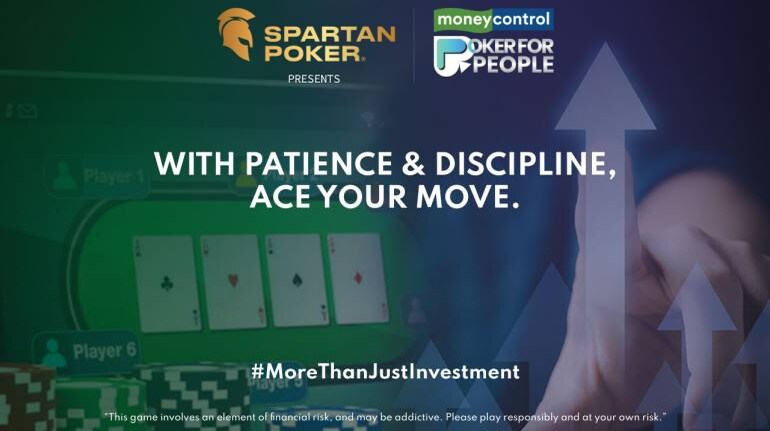



Former American professional player Annie Duke can teach us a thing or two about using Game Theory when conducting business or investing, especially in a mildly volatile market. Game theory is the study of how and why we make decisions. It is the formal study of conflict and cooperation, where the outcome of a person’s decision depends critically on the actions taken by other participants.
In her book, Thinking in Bets, Duke gives us an insight into how she amassed US$4 million in lifetime poker winnings. As a professional speaker, author, and decision strategist, she says the most effective way to arrive at decisions is to consider them as bets. Weight the potential upside against the downside, and only make a bet if you’re convinced the odds are stacked in your favour.
Poker is widely regarded as a game that requires skill, not luck, requiring players to develop the skill of foresight, which they would require to make decisions based on incomplete information. Most often, they would have little control over what the other person would think or act! Just like in the case of investing, or life!
Poker also offers lessons in patience and discipline. You must control your emotions, maintain composure when not winning, and make rational decisions. These qualities also find resonance with investors. Playing poker can guide you to make the right decisions to become a better investor.
1) Understanding outcome attribution
Playing poker can help you interpret outcomes, which is required when investing. Two important factors to consider are skill and luck. Most investors associate the success or failure of an investment with its outcome. However, the result could differ greatly from the quality of the decision you make.
Investing boils down to making good decisions with the information at your disposal. There is still a bit of luck involved in making a good decision. You might make a great investment that could underperform due to factors outside your control. Conversely, you might make a bad investment decision but could still be successful. When accessing investment outcomes, think critically about how much an outcome is linked to skill or luck, and invest strongly where your skill has greater control.
2) Compels you think
Betting allows you to think strategically. You will be compelled to think wisely about your decision and its implications when there are high stakes. When you bet, you risk something — you have skin in the game, allowing you to invest emotionally. When money is in question, you’re more likely to chart your decisions wisely, helping you avoid making impulsive or rash decisions.
3) Taking care of behaviour bias
Poker players rely on certain ‘triggers’ during competitions, including checklists and getting up from the table, to improve mindfulness. This practice can help players make mindful decisions in high-tension situations, allowing them to avoid reacting emotionally in investing, set up guardrails that could automatically monitor monthly investments or maintain an investment log to enable your decision-making process. Establishing a log can help you objectively track your investment choices and draw up expectations or conditions for better outcome evaluation.
4) Understanding scenarios
Most poker players will attest that the order in which events occur can have a bearing on interpreting outcomes. Picture this: You’re in high spirits at a casino with your friends in the first hour, INR 1,000 ahead. But you start losing the money in the next few hours, leading you right back to where you started.
In another situation, on the same gaming night, you’re down INR 1,000 in the first hour. You stay on because you’re friends are still having fun. You notice in the next hour that your profits gradually come back, and by the end of the night, you are right where you started.
What would your reaction be in both scenarios?
You may feel upset after losing all your early gains. In the second scenario, you might be relieved to have broken even. You may even buy a drink to celebrate. While the outcome may be similar in both scenarios, the events’ order significantly influences how you perceive each outcome.
“This game involves an element of financial risk, and may be addictive. Please play responsibly and at your own risk.”
Moneycontrol Journalists were not involved in the creation of the article.
Discover the latest Business News, Sensex, and Nifty updates. Obtain Personal Finance insights, tax queries, and expert opinions on Moneycontrol or download the Moneycontrol App to stay updated!